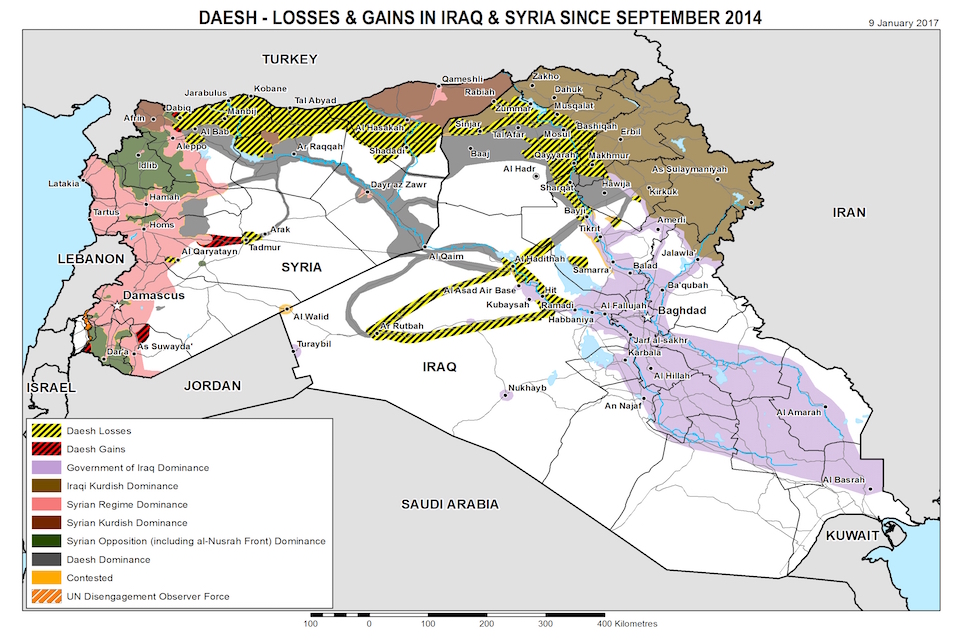News story: Making a success of Brexit
Following the outcome of the EU referendum, the Medicines and Healthcare products Regulatory Agency (MHRA) is working closely with the Government to analyse the best options and opportunities available for the safe and effective regulation of medicines and medical devices in the UK.
While negotiations continue, the UK remains a full and active member of the EU, with all the rights and obligations of EU membership firmly in place. Working with our partners, stakeholders and customers, our focus remains: protecting health and improving lives.
Medicines regulation
Playing a full, active role in European regulatory procedures for medicines remains a priority. We contribute significantly in both the centralised and decentralised regulatory procedures, including new rapporteur and reference member state (RMS) appointments, and maintain our programmes for implementing EU legislation as required by our obligations as a Member State. We are also fully engaged in European and national scientific advice services and in delivering our EU inspection-related duties.
Devices regulation
Our role in regulating medical devices and in vitro diagnostic (IVD) devices remains integral. We oversee the essential work of the five UK Notified Bodies; together they are responsible for assessing the majority of devices currently placed on the EU market. Our preparations to implement proposed new Regulations for Medical Devices and IVDs continue.
Vigilance and market surveillance
We maintain our role in vigilance, market surveillance and taking direct action, where needed, to protect patients and public health, and we continue to co-ordinate with other Competent Authorities, across Europe and internationally, in these and other areas.
Future regulatory partnership
On 4 July the UK Government gave a clear, public statement of its desire to retain a close working partnership in respect of medicines regulation after the UK leaves the EU, in the interests of public health and safety. The statement, published in the Financial Times, by the Secretary of State for Health and Secretary of State for Business, Energy and Industrial Strategy laid out the three principles which will underpin the development of a post-Brexit regulatory system for medicines and devices: patients should not be disadvantaged; innovators should be able to access the UK market as quickly and simply as possible; and we will continue to play a leading role in both Europe and the world in promoting public health.
These principles and the government’s position were developed further in a speech by the Parliamentary Under Secretary of State at the Department of Health, Lord O’Shaughnessy, at the BIA/MHRA conference in London on 14 July.
The commitment to continuing the close working relationship with our European partners with respect of medicines regulation and protecting public health globally is also reiterated on page 14 of the Governments Collaboration on science and innovation ‘A Future Partnership Paper’ published in September 2017.
More broadly, as part of the guidelines adopted for the second phase of the negotiations at the European Council meeting on December 15, the European Council reconfirmed it’s desire to establish a close partnership between the UK and EU.
EMA/EU & CMDh notices to Marketing Authorisation Holders
We are aware of the recent notices to Marketing Authorisation Holders issued by the EMA/EU-27 and CMDh advising of preparations MA holders may want to consider ahead of the UK’s exit from the EU.
Until the exit negotiations are concluded, the UK remains a full member of the EU and all the rights and obligations of EU membership remain in force. We therefore continue to play a full role in the network and to undertake our work as a Reference Member State (RMS) in the decentralised procedure, and as (co-) rapporteur in the centralised procedure. If, however you do want to consider preparation for any potential changes to marketing authorisation or RMS, please see the information provided by the EMA and the HMA.
Whatever the outcome of the negotiation we will continue to collaborate with all involved to deliver the current speed of authorisations, access to new and innovative medicines and devices and to continue to ensure the quality, safety and efficacy of all medicines and devices, to safeguard an uninterrupted level of public health protection.
On 23 August 2018 the government published guidance for businesses and citizens on how to prepare for exiting the EU if there’s no deal.
This guidance is in the form of a series of technical notices, a number of which relate directly to the work of the Agency:
A further 3 technical notices are also related to the work of the Agency and the Department of Health and Social Care (DHSC):
Guidance for marketing authorisation holders in the event of a no-deal Brexit has been published by DHSC.
We have also published our letter to industry, and accompanying guidance, covering the conversion of existing approved Community Marketing Authorisations to UK Marketing Authorisations (MAs) and a letter providing Product Licence numbers and the actions that companies are asked to take.
A letter to suppliers of medical devices and clinical consumables about contingency planning for a no-deal Brexit has been published by DHSC.
In January 2019 we published information on how to make regulatory medicines submissions to the MHRA if the UK leaves the EU with no deal.
MHRA consultation on EU exit no-deal legislative proposals
We ran a consultation on the regulatory processes which would have to be modified in the event of the UK not securing a deal with the EU after the UK’s exit, with no Implementation Period.
We responded to this consultation, in the form of a further guidance note on the regulation of medicines, medical devices and clinical trials if there’s no Brexit deal, on 3 January 2019.
Customers, partners and stakeholders approaching MHRA continue to have access to our internationally recognised expertise and we maintain the highest quality services. For further information, please get in touch with your usual contact points in the Agency.

